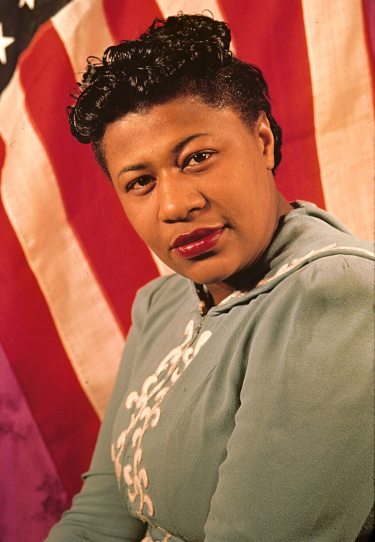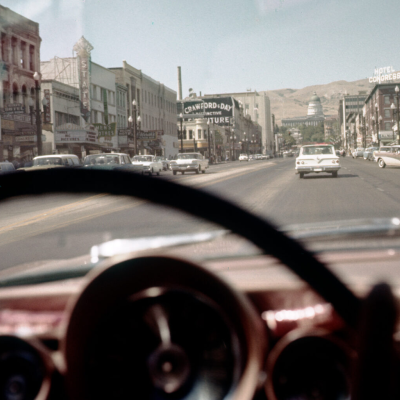THE PENCIL OF NATURE
Imagine Talbot walking into a museum today-
how his eyes would pop at a toy fork
stuck in a cardboard refrigerator
or a towering hotel lobby,
its plaza digitally erased of people
and its colors pumped up
beyond the real; would he recognize his invention
as a portrait of a believable world?
He’d probably turn away
from the images we mistake as candid shots,
disasters staged
in suburban gardens and streets
where unspeakable acts are carried out
on young women,
their twisted limbs tossed like croutons
on a bed of bright green leaves,
and those auto accidents and fires
constructed as plays or single frame movies.
Much better to console himself
with those early moon shots
taken over the pyramids by Nadar
or a balloonist’s view of Notre Dame,
the rooftops of neighboring houses as black
as oil paint spread on glass plates.
Talbot’s handmaid of science has disappeared with film
a short century after corsets and bustiers
Eton collars and spats did, gone
like our slide rules, the typewriter, decorum itself.
Myself, I don’t think I’d come back
if they get rid of paper.
OF WANTING THERE IS NO END
for Arshile Gorky (1904-1948)
In two self-portraits made from memory
he sits on his mother’s knee decades after
the Ottoman Turks starved her to death.
He came to America to forget and married Agnes
who gave him a family; he painted all the time-
but never them. Imagine that last year and a half
when the studio burned down and he lost his work:
he had to shit in a bag after the cancer in his colon,
he broke his neck and paralyzed his arm in a car wreck,
and Matta, that Chilean wretch, was screwing his wife.
Vostanik Adoyan lied about everything he could:
his name, his age, his nationality. He was so deranged
he wanted to be Russian instead of Armenian,
wanted to be brave like Achilles and crack wise
like Maxim Gorky. He wanted, wanted, wanted.
So he went to the barn in back and scrawled in chalk
“Farewell my beloveds” on a box and hanged himself-
the one good hand on a lamp cord, his eyes feasting
on fiery plants, upright cocks and lobster claws
in combat; and saw at last it was more than enough.
About Michael Salcman
Michael Salcman is a physician, brain scientist and art critic. He was chairman of neurosurgery at the University of Maryland and president of the Contemporary Museum in Baltimore.
His poems appear in Alaska Quarterly Review, Hopkins Review, New Letters, Notre Dame Review, Ontario Review, and New York Quarterly.
He is the author of four chapbooks and two collections: The Clock Made of Confetti (Orchises Press), nominated for The Poet’s Prize and a Finalist for the Towson University Prize in Literature, and The Enemy of Good Is Better, just published by Orchises.







































